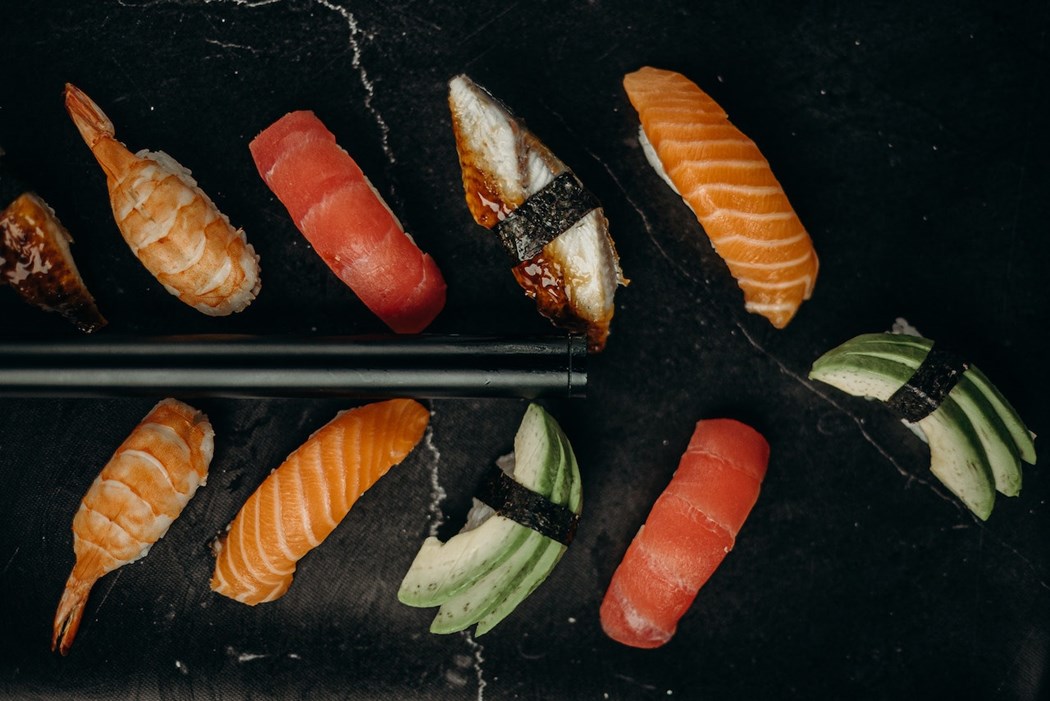
In addition, the RAS technology allows NAP to produce salmon entirely in closed containment without the use of any antibiotics or chemicals, and with zero risk of sea lice, leading to a marked improvement in fish welfare. NAP’s facility is designed with the latest advances in RAS technology, with very limited water exchange and continuous cleansing of water and filtration of biological matter that would otherwise impact the local environment. NAP will also explore the potential of having own solar panels and biogas driven generators in its energy mix.
Feed will be supplied from Skretting China’s new factory, currently under construction in Jiangsu province, north of Shanghai, with close collaboration on feed optimisation and performance through a Technical Advisory Committee jointly set up together with NAP’s board and management team.